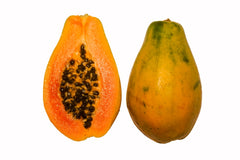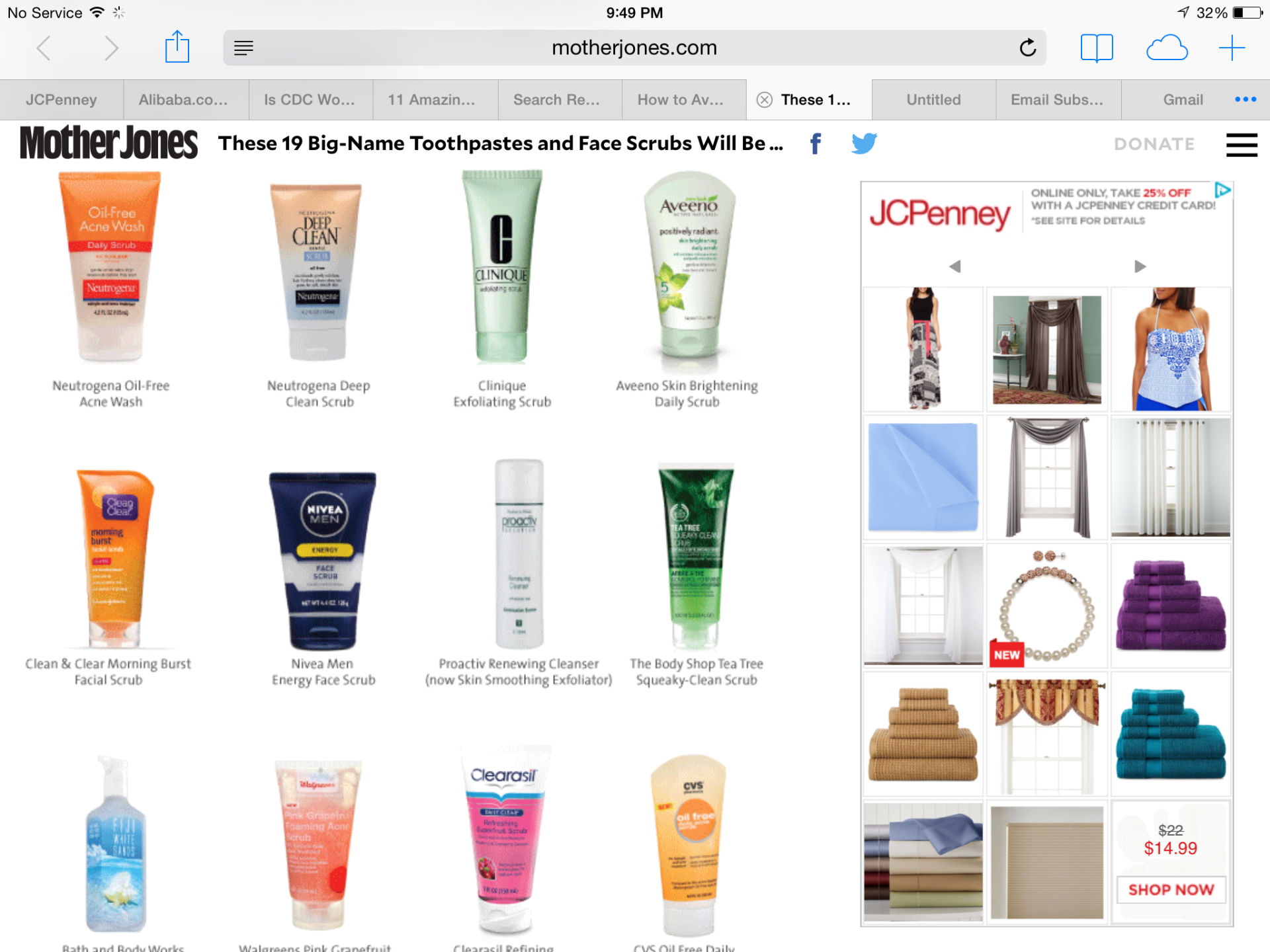-
Plants synthesize their own SPFs to protect themselves
Interestingly, many plants synthesize their own SPFs to protect themselves from the sun. Had this company chose higher SPF plants, it would not need to include 20% synthetic chemical, toxic sunscreens.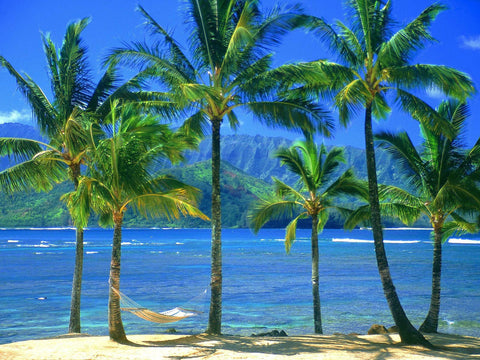
-
Many factors are responsible for coral die-off including rising ocean temperatures, ocean acidification, disease, sedimentation, increased waves from storms and widespread pollution. Contaminates are released in the ocean by a wide range of human activity, including oil spills, industrial waste, and chemical sunscreens.
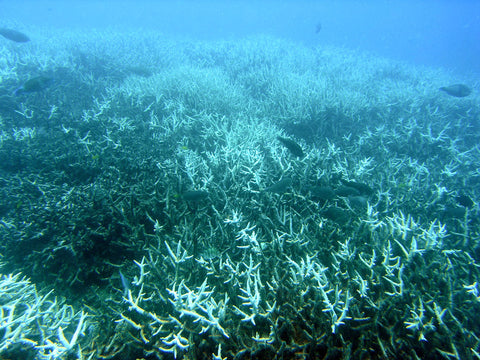
-
Anti-aging Secret: Egypt's Fountain of Youth

Can you imagine if you were mummified and 3 million years later you were discovered looking YOUNG? Read this true historical story.
-
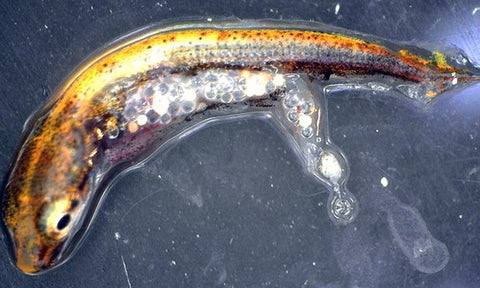
Products with microbeads are recently banned because they are small enough to make it through water filtration so they are being dumped in oceans and eaten by fish leaving damaging effects. These beauty brands have until 2018 to reformulate and GET the microbeads out of their skin care products:
BEAT IT beads... -
The main concern regarding the use of formaldehyde releasers in cosmetics is not the immediate side effects of irritation to the skin. What we are truly worried about is the potential for them to cause cancer. Formaldehyde is classified as a known human carcinogen by the International Agency for Research on Cancer and the National Toxicology Program recognizes formaldehyde as a probable human carcinogen.
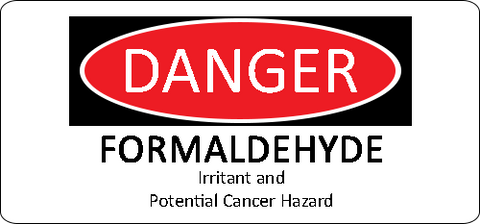
-
Papaya makes an excellent moisturizer for skin and helps retain skin moisture. Papaya is also effective in reducing acne, pimples, and blemishes. It helps open and clean clogged pores. By retaining the moisture on the skin, it gives a soft and supple texture to the skin.
